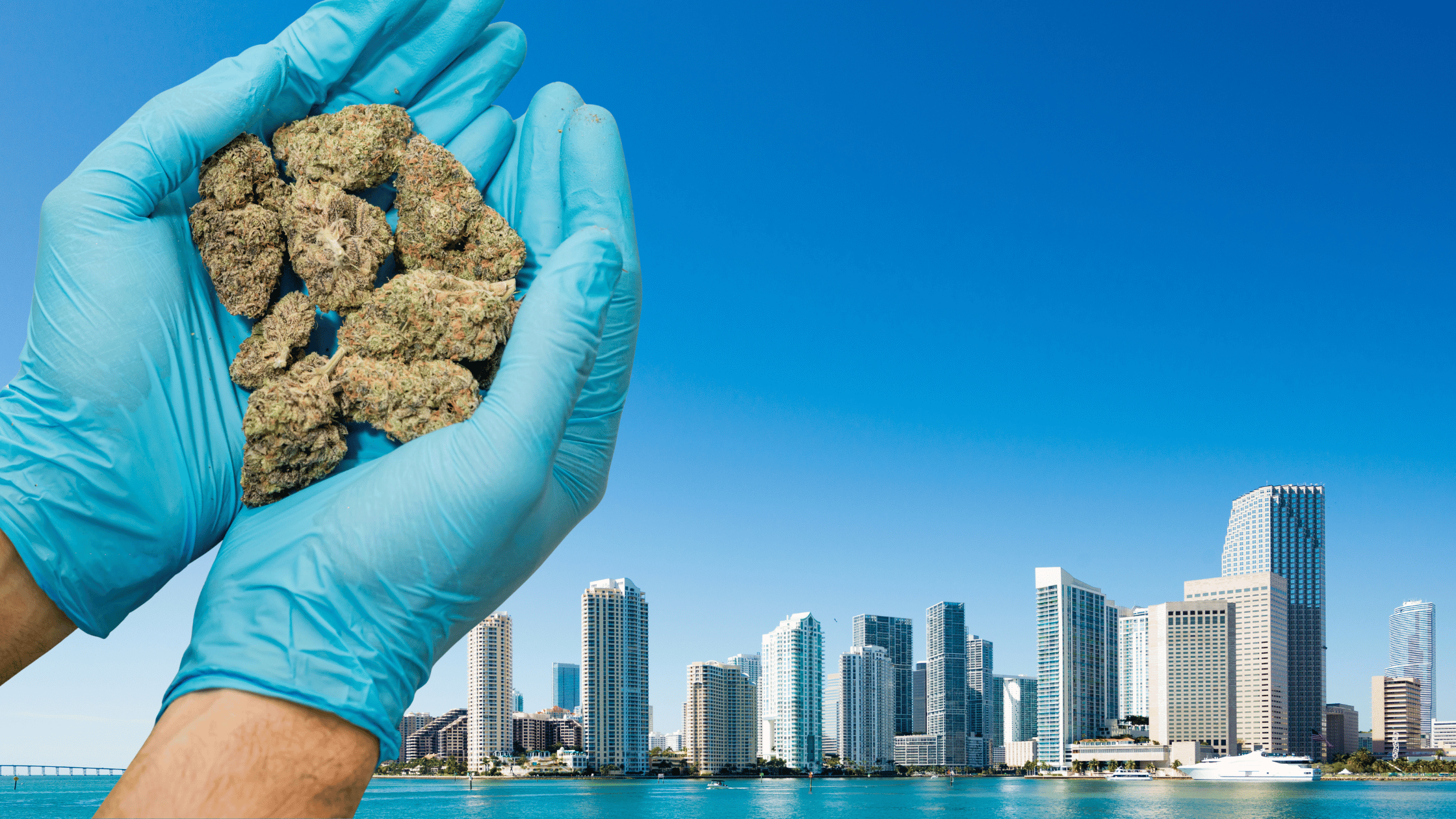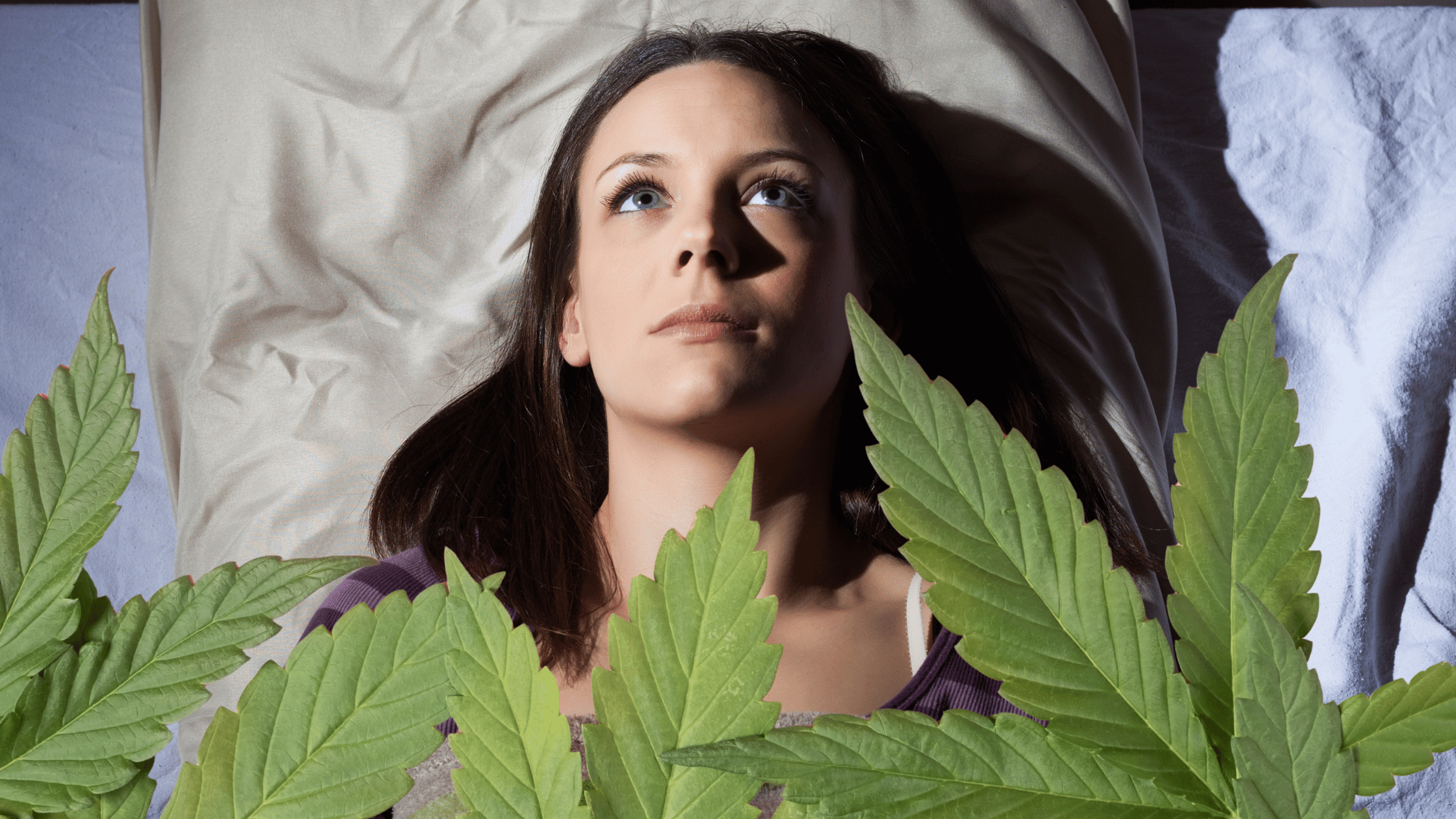
Marijuana’s effects on exercise and sports are a growing field when it comes to research. In the past month, the NFL and their Players Association condoned a task force to put together research on how cannabis affects their elite athletes. Recently, professional athletes and their relation to marijuana have come under the microscope. Just last week, U.S. sprinter, Sha’Carri Richardson, lost her ability to compete in the Tokyo Olympics after a drug test identified marijuana in her bloodstream. This has put the correlation between runners and cannabis use in the spotlight.
In 2015, more than 500 participants ran a 5K in San Francisco’s Golden Gate Park as a part of the annual “420 Games.” The majority of these runners had used marijuana in some form before the run. The event was a showcase to show that in many instances cannabis has the opposite effect of encouraging it’s users to sit on the couch and consume an inordinate amount of unhealthy snacks.
Many athletes, both professional and hobbyists, claim that consuming pot helps them get into “a groove” during training sessions. These users are better able to focus, feel less distracted by pain, and are able to tune out any fatigue. For athletes, cannabis changes both their mental state as well as athletic performance – with many arguing that mental state actually plays a larger role than the physical.
Particularly with endurance athletes and long distance runners, “mind over matter” is the focus. The often touted “runner’s high” is actually the brain’s endocannabinoid system firing up. The same part of the brain that responds with the “high” sensation when exposed to THC, is also the same part of the brain that fires up among athletes who experience euphoria while running or endurance training.
In fact, research has proved this by using a cohort of male college students running on a treadmill or on a stationary bike for 50 min at 70-80% of maximum heart rate. The evidence revealed that exercise of moderate intensity activates the endocannabinoid system. Endogenous cannabinoids, unlike endorphins, cross the blood-brain barrier in the same process, affecting receptors that also respond to the THC in marijuana. Additionally, high levels of anandamide – a cannabinoid that the body naturally produces – are present in the bloodstream of people after exercise.
Therefore, ingesting cannabis mimics the natural process of increasing exercise-induced endocannabinoids.
A 2011 study also suggests that “cannabis induces euphoria, improves self-confidence, induces relaxation and steadiness, and relieves the stress of competition.” Other positive effects on athletes include the ability to increase how much oxygen can reaches their tissues, improved vision, improved concentration, improved focus allowing athletes to look past previous trauma experiences such as previous injury, improved relief of pain and reduced muscle spasms.
Many notable ultrarunners such as Colorado-based Avery Collins – who runs up to 240km per week in training and takes part in up to five long distance races a year are keen ambassadors for the use of marijuana and talk openly about running under the influence of cannabis. He has said that his mindset is very similar when he’s high to when he’s running. The use of cannabis allows him to stop thinking about the miles and how much further he has to go, and just enjoy the experience.
There are also several pro-cannabis running groups, such Run on Grass in Denver, and CBD Run who call themselves canna-athletes. They’re dedicated to both staying fit and educating others about the benefits of cannabis.
As CBD, THC, Cannabis and Marijuana are not a one size fits all solution for everyone, it is recommended that athletes first undergo a stress test or echocardiogram to check for any potential heart issues. Instead of smoking, runners can also use edibles, tinctures, or tablets.
Patients looking to up their endurance, improve their focus and minimize their pain, should consult with Dr. Fernando Fandino-Sende at Florida’s top-rated medical marijuana referral clinic, LifeCannMD. The team at Miami’s LifeCannMD. can aid in finding the right product for any training regimen or athletic recovery management program.
LifeCannMD has served over 3,000 satisfied patients. For more information, please visit www.lifecannmd.com, email health@lifecannmd.com or call (833) 543-3226.


